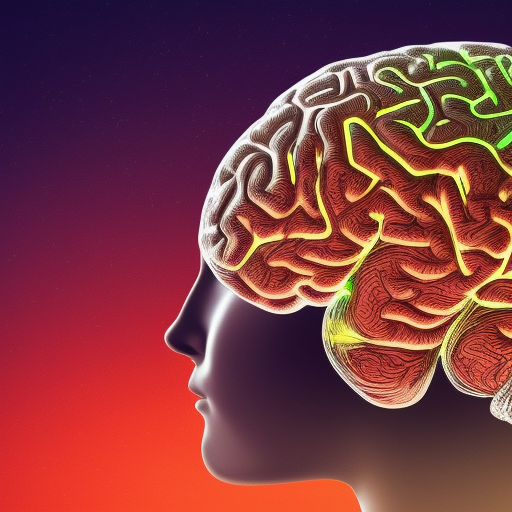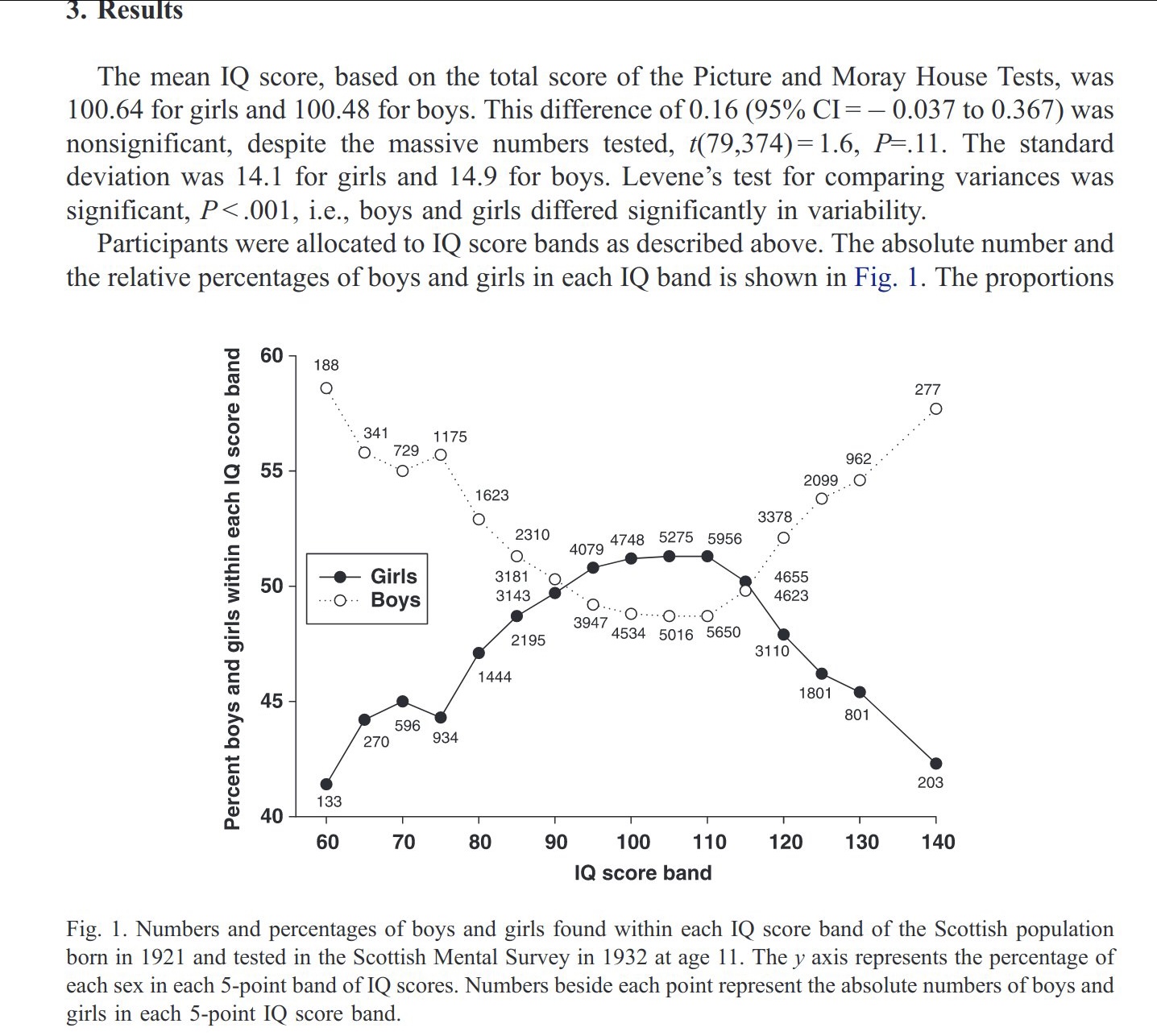
In 2040, I will spend some time reviewing the current state of expert discourse regarding innate psychological differences by biological sex. This review will consist of light-to-moderate internet reading, browsing studies that have been completed, and requesting the assistance of any personal acquaintances that can best help inform me.
I will make a subjective judgment regarding the "experts" on this topic as of 2040, which will likely be a list of individuals who I (with the help of light research) consider best-informed in that future period.
There needs to be expert "consensus" for this market to resolve. If there is no consensus, I will update the market close timing to be 5 years in the future. I will continue to push out the close date until there is expert consensus. A rough approximation of consensus from my perspective is ~80% of experts voicing roughly the same thing.
I will interpret "strong" subjectively. I don't have a great threshold in mind, but I can try to respond to questions in the comments section if helpful.
By "innate" I am referring to the nature/nurture question (i.e., without regard to societal priming).
I am referring to "biological sex" at birth - not gender.
I'm not particularly knowledgeable about this subject as of market creation, but my rough understanding is that - as of market creation - there is no expert consensus on this question.
I may "n/a" and/or "unlist" this question preemptively if it becomes a comment cesspool or if my quality of life decreases for having created the market.
People are also trading
Market is not phrased well. If you take a group of XY and a group of XX you can probably measure some differences. However there will be overlap of the groups. So some males and females will be similar. Some will even seem like they belong to the other group.
You can think of this as two gauss distributions next to each other. They might just overlap at some point.
Sold my YES as I get the impression that @CarsonGale has quite a high bar for expert-concensus, given that he has no opinion on who the experts are.
It seems probable that no concensus will be reached amonst all relevant fields, even if say an empirical field like Neuroscience were to reach concensus it's likely that fields with, let us say, a predisposition to 'nurture >> nature' arguments (e.g. sociology AFAICT) would fail to reach such a consensus, rendering the outcome 'NO'.
For a definitive answer you'll need to separate everything into social factors, genetic factors and hormonal factors and since long term human experiments like that aren't viable or ethical, it's very unlikely that a strictly proven answer would be found. Since there's a lot of politics around such questions, without a very strict experimental data, even experts would be quite biased. Moreover, the question itself is quite broad.
What do you mean by expert consensus? Neuroscience will agree, and this will extend into gender whether you want it to or not, though it will probably be career ending to say so in The United States or anywhere associated with it. Psychologists, philosophers, ethicists, and everyone else will continue to deny there are any differences.
Does sexuality count as a strong psychological difference? In particular, the difference between someone with a typical male sexuality vs someone with a typical female sexuality?
(I would guess that the amount of innate difference in any specific dimension is bounded by this, since sexuality seems like it would be the psychological dimension under the most evolutionary pressure for sexual dimorphism.)
I think general personality differences between men and women are overstated, with the notable exception being attitudes towards sex and relationships. I think a lot of the perceived general differences are downstream from the fact that men and women often have their most intimate experience with the opposite sex within those contexts.
Following question is quite similar with still large discrepancies, perhaps use for arbitrage. https://manifold.markets/CarsonGale/will-expert-consensus-suggest-there?r=R2VyaXBlcmk
.
"I'm not particularly knowledgeable about this subject as of market creation, but my rough understanding is that - as of market creation - there is no expert consensus on this question."
The expert consensus is that there are. The consensus already exists, so if the author does not recognize it now, it is likely they will not recognize it in 2040.
@DavidBolin or the author (me) isn't familiar with current expert consensus as stated in the description
@SamuelNIHOUL so if you can't see that today, why would you in 2040, by the way? Perhaps I am wrong and it's the scientists themselves that have gotten so deeply corrupt?
@SamuelNIHOUL The consensus already exists. My assumption is that the market author will not recognize this in 2040, just as they do not now.
